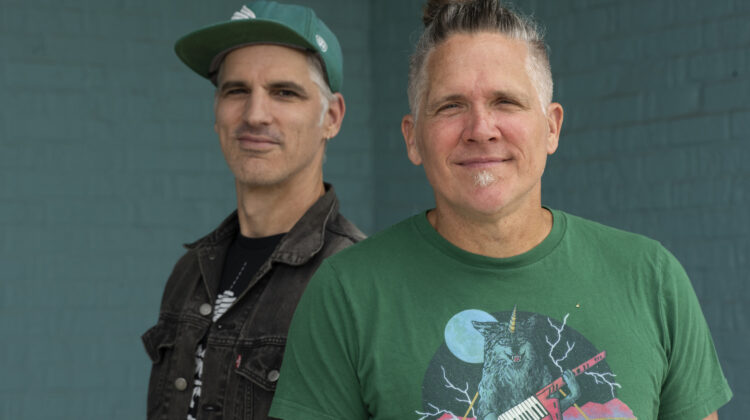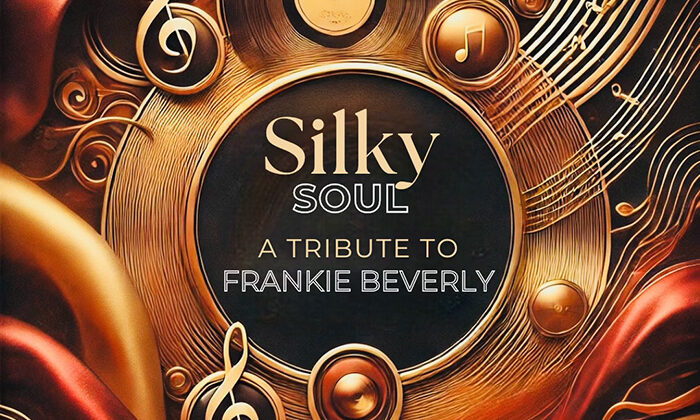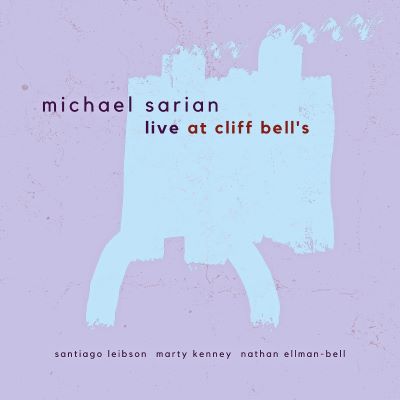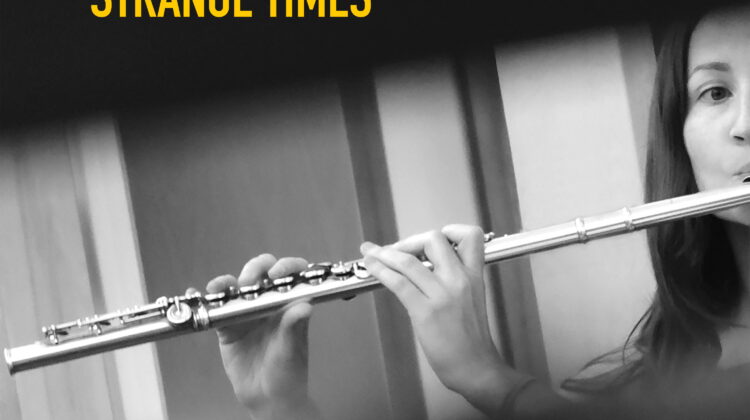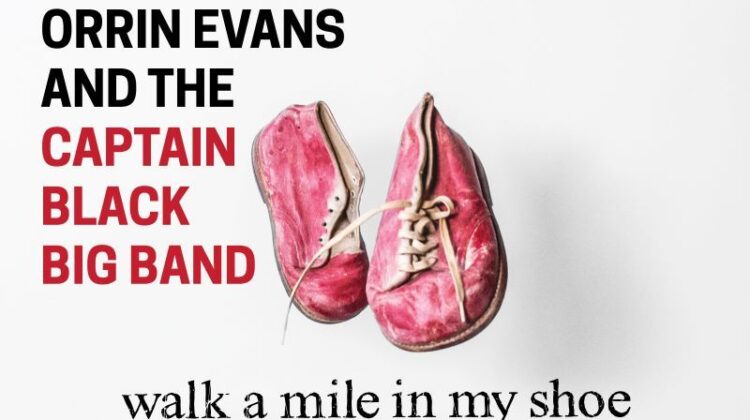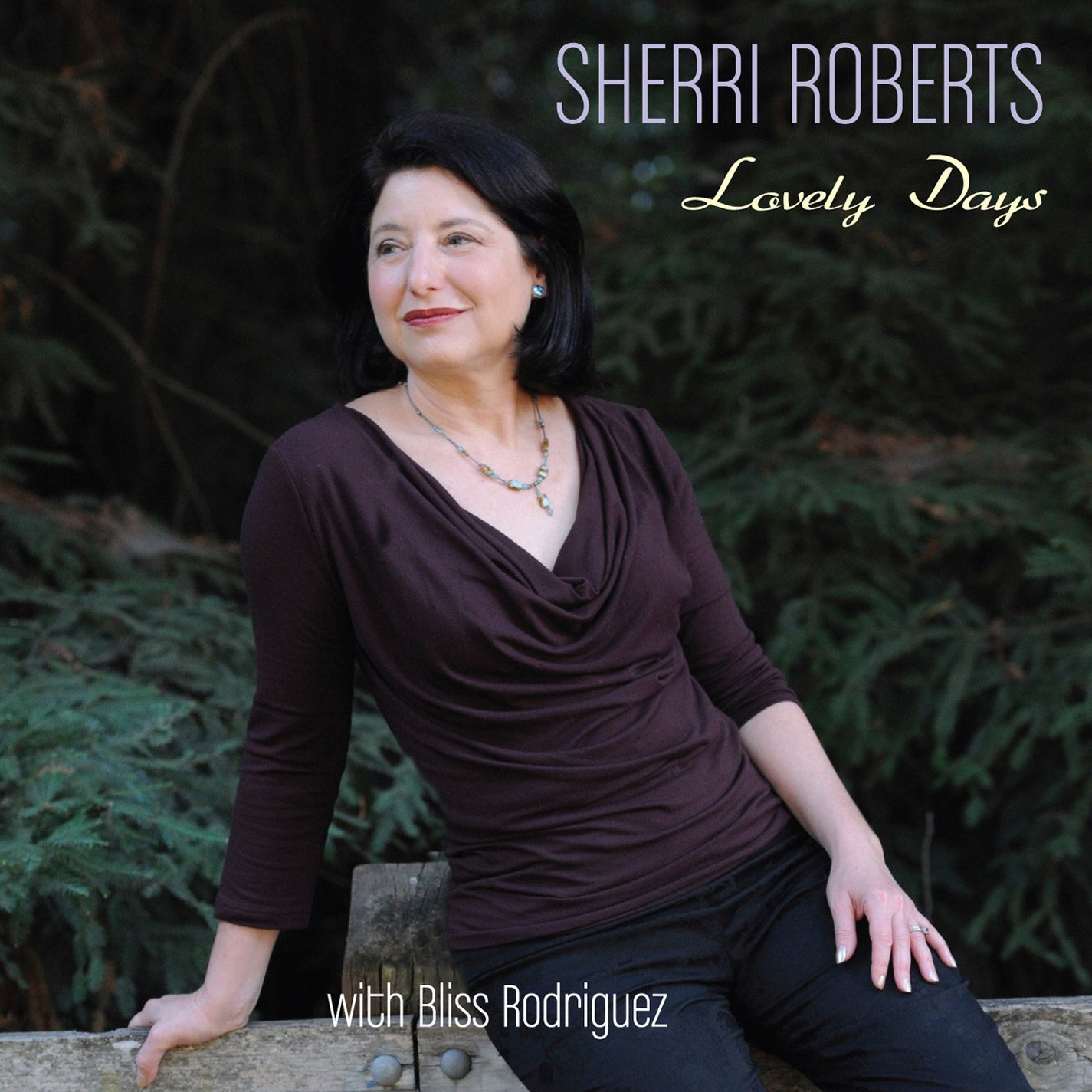Sherri Roberts too has decided that she wants to present her voice accompanied solely by piano. Not only does this opportunity provide her with the freedom to delve into the songs she favors as deeply and at such lengths as she desires. It also allows her bravely to present herself to the listener without a rhythm section or accompanying horns so that the connection is even more direct. Other singers recently have done the same thing, and one of the crucial decisions in such a recording is the choice of the pianist. Obviously, the single instrumentalist must be one with whom Roberts shares a musical connection with instantaneous give and take—not to mention being able to take solos that retain listener interest as the piano provides all wrapped in one instrument the melody, harmony, tempo, improvisation and percussiveness.
Roberts lives in the Bay Area, and her choice of pianist is intriguing in itself because it involves not the acknowledged New York-based accompanists of singers like Fred Hersch or John di Martino, but actually a relatively unrecorded performer: Bliss Rodriguez. Though Rodriguez is from New York City and went to Juilliard, he has moved on to work in Houston, Los Angeles and finally San Francisco, where he met Roberts. A regular engagement at the Donatello Hotel there led to the realization of their affinity for the same types of music, and then to their mutual understanding of one another’s musical impulses. Roberts wanted to record, to document, that understanding, even though she had recorded with better-known musicians like Phil Woods, Lew Soloff, Harvie Swartz, John Hart and Chris Potter.
And so, on Lovely Days, we hear Roberts expansively and emotionally and gracefully exploring with her pianist of choice songs that left indelible impressions on them both during the formative years of their musical pursuits. Cleverly, and logically, Lovely Days refers to a medley of Irving Berlin’s “It’s a Lovely Day Today” and “Isn’t It a Lovely Day,” between which singer and pianist trade considerations of loveliness, rubato, then in tempo, then in harmonic accompaniment, then with walking piano bass lines, then in coda. Knowing Roberts’s appreciation of lyrical meaning, Rodriguez allows sufficient space for her to deliver the songs, more as a relaxed conversation, familiar and conveying shared feeling, than as a practiced delivery. It turns out that most of the songs she chooses to sing on her most intimate of all albums derive from Broadway shows and popular music of a half century ago. Furthermore, the duo’s choice of lovely material leans toward Irving Berlin, naturally, The King and I, Marilyn and Alan Bergman, and Johnny Mercer.
Roberts’s fascination with watching Yul Brenner strive to be musical in The King and I led to her and Rodriguez’s medley of “We Kiss in a Shadow,” which develops without explicit rhythm into what seems to be the musically logical lead-in to “I Have Dreamed.” Rodriguez develops his own improvised interpretation of “I Have Dreamed” before concluding with the well-known signature King and I phrase embellishing the restatement of “We Kiss in a Shadow.” As for the Bergmans, Roberts covers “Nice ‘n’ Easy,” paced unhurriedly for a dreaminess that Rodriguez enhances with tremolos and chord substitions, and “Like a Lover,” the song that Sergio Mendes made famous though Roberts and Rodriguez slow it into a ballad for lyrical entreaties.
Roberts and Rodriguez end Lovely Days with Johnny Mercer’s lyrics to “Moon River,” wistful and memorable as always, and “Hit the Road to Dreamland,” jaunty and memorable as always. And so they end a delayed but finally accomplished goal of recording their work together. Its work has been heard by audiences in San Francisco for the past six years. Now their work is available to listeners everywhere who appreciate the openness and responsiveness of an accomplished singer backed solely by a pianist who breathes the same music.

